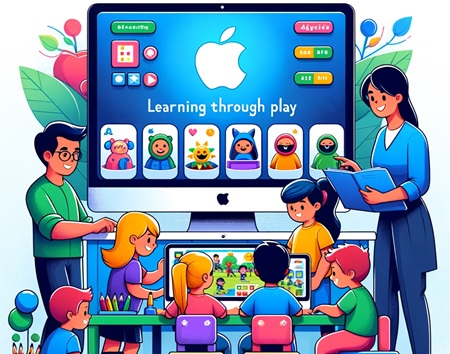From Gaming to Education: The Diverse Uses of Emulators on Mac

The world of emulators on Mac goes far beyond the realm of video gaming. These powerful tools open the door to a multitude of educational applications, allowing users to rediscover retro software and preserve our digital heritage. Let’s explore the versatility of emulators and their contribution to the fields of education and software preservation together.
Emulators: A Window to the Past
Emulators serve as a time machine, offering unparalleled access to historical software and operating systems that have shaped the history of computing. For retro computing enthusiasts, it’s an opportunity to relive the experience of the first computers and games, but it’s also a precious tool for researchers and educators keen to preserve and study technological history. These programs do more than just simulate old machines; they recreate complete software environments, enabling obsolete software to run on modern systems. Thus, emulators offer a unique perspective on the evolution of software, showing how programming concepts and user interfaces have evolved over time. By diving into this world, users and students can not only appreciate the software engineering of past decades but also understand the foundations upon which our current technology rests.
Learning Through Play

Emulators turn the Mac into a dynamic educational platform. By facilitating the running of educational games designed for older systems, they enhance the teaching toolkit for educators and engage students through a playful approach to learning. From programming to history, the applications are vast and varied.
Preserve to Educate
Beyond entertainment, emulators play a crucial role in software heritage preservation. By enabling old educational software to run on modern machines, they ensure the transmission of knowledge and teaching tools that would otherwise be lost to time. It’s a true digital archive library being built through emulation, accessible to new generations of students and teachers.
Mac emulators offer much more than mere sessions of video game nostalgia. They bridge the past and present, enriching education and preserving our digital legacy. Exploring these diverse uses uncovers a lesser-known facet of emulators, revealing their potential as tools for learning and conservation.
